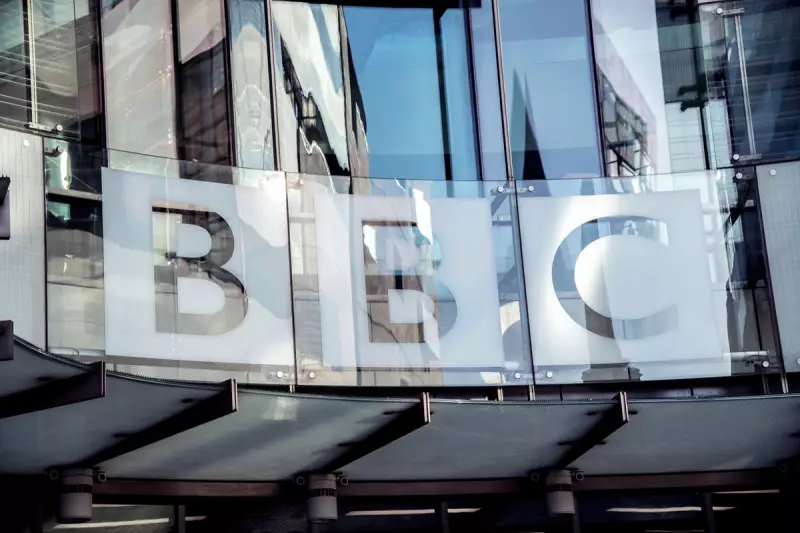
The BBC is embroiled in a significant controversy following its broadcast of the Glastonbury Festival, facing a storm of complaints and accusations of anti-Semitism. The uproar centres on the live coverage of punk duo Bob Vylan's performance, during which they made inflammatory political statements about Israel.
Frontman Bobby Vylan, during the set on the festival's Woodsies stage, made a series of remarks that have been widely condemned. He stated the crowd was "beautiful, apart from the Zionists," and later declared, "F*** the National Front, f*** the Tory party, f*** the Labour Party and f*** Israel." These comments were broadcast live to a national audience on BBC iPlayer and later featured in an edited highlights package on the BBC's Glastonbury channel.
Wave of Formal Complaints
The broadcasting regulator, Ofcom, has confirmed it has received a substantial number of complaints from viewers who found the content "highly offensive." While the exact number is undisclosed, the volume indicates a significant public reaction to the incident.
The BBC itself is also dealing with a flood of complaints submitted directly through its own formal channels. Critics argue that by broadcasting the remarks without sufficient editorial oversight or context, the corporation failed in its duty to maintain impartiality and prevent the spread of hateful rhetoric.
Context and Escalating Tensions
This incident occurs against a backdrop of heightened sensitivity and ongoing debate concerning the conflict in Gaza. The BBC's editorial guidelines on reporting the Israel-Gaza war have been under intense scrutiny, making this latest incident particularly damaging.
Critics, including prominent Jewish community groups, have accused the broadcaster of a double standard, suggesting it has been quicker to address other forms of racism while being slow to respond to anti-Semitism. They argue that the language used during the performance crosses a clear line into hate speech.
Broader Implications for the BBC
The fallout from the Bob Vylan broadcast is more than a simple programming error; it strikes at the heart of the BBC's reputation for balance and editorial judgement. As a publicly funded broadcaster with a royal charter obligation to impartiality, such incidents can severely erode public trust.
The corporation now faces mounting pressure to issue a formal apology, review its live broadcast protocols for music events, and clarify how it will handle similar situations in the future. How it navigates this crisis will be closely watched by media regulators, political figures, and the public alike.





